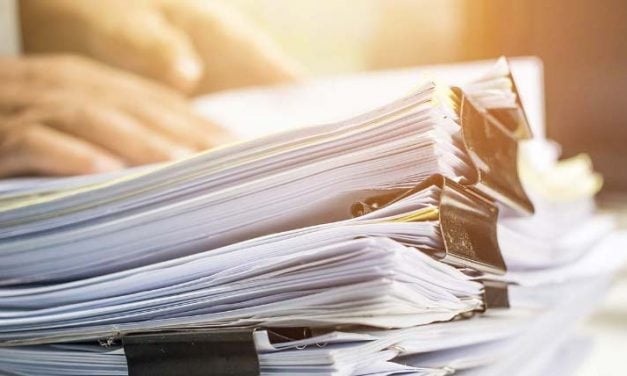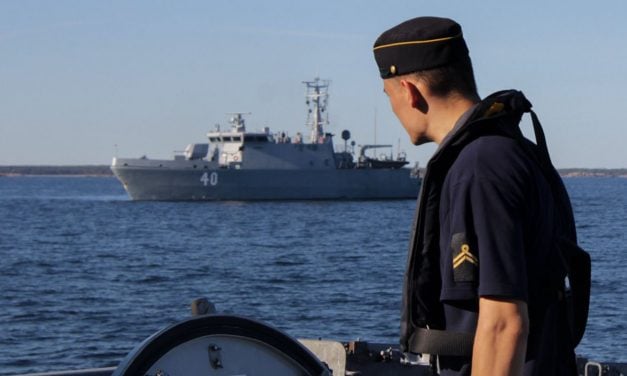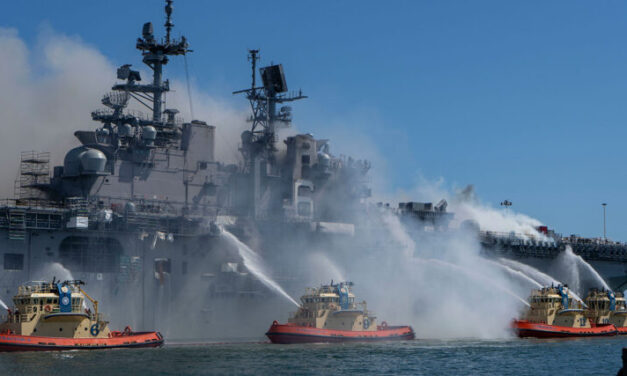Book tip: Arctic conflict zone
Joachim Weber (ed.): Konfliktraum Arktis. Die Großmächte und der Hohe Norden, Miles Verlag, 19.80 euros, ISBN 978-3-96776-023-1 This book is dedicated to great power conflicts in the Arctic. Joachim Weber is by no means a stranger to German-language Arctic and maritime policy studies, having edited an English-language handbook on geopolitics in the High North at the Institute for Security Policy Kiel (ISPK) between 2017 and 2020. His swiftly published second work is shorter, more concise and altogether more manageable - and should find a broad readership, not least for this reason. The editor, who is also responsible for four of the seven chapters, begins with an introduction to the conflict dynamics in the North.
Weiterlesen






Latest comments